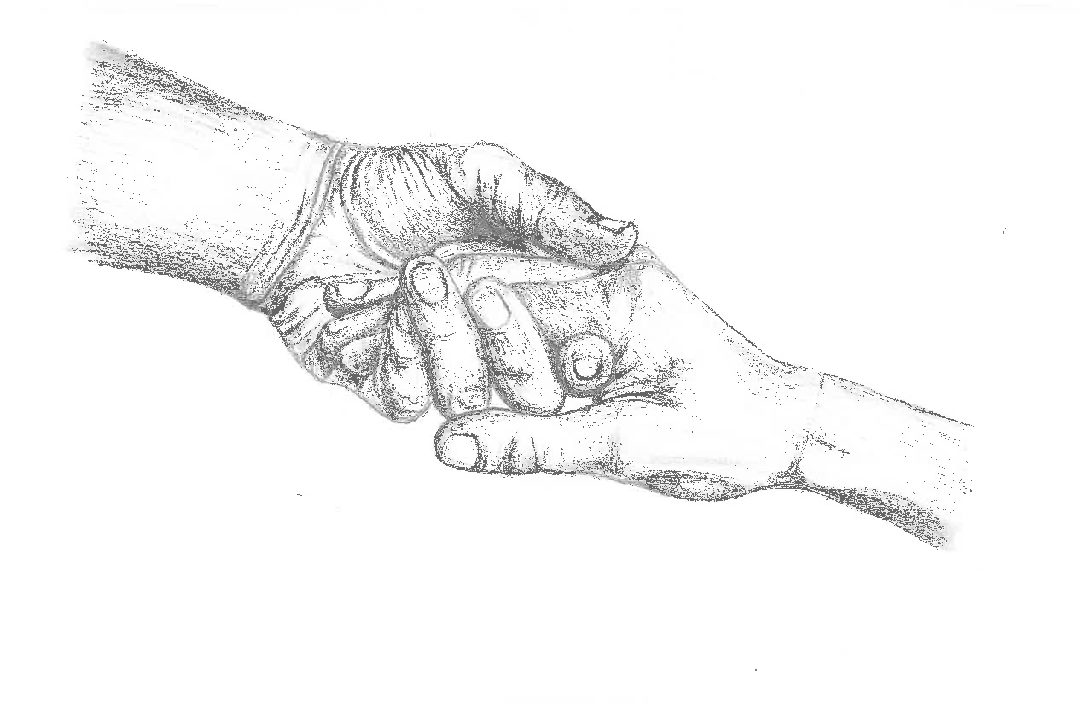
By Justin Madison
Contributing Writer
Suicide. One word and anyone who hears it mentally flinches. We all know what it means and what it implies and we shudder when we’re forced to talk about it. It’s a topic that reaches more people than many, meaning it should be easier to talk about, yet it isn’t.
Knowing someone who dies is a difficult thing to go through, and I know from personal experience how the absence reaches more people than the person who is gone would expect.
When one of my high school classmates killed himself, people from all over the town came together. Even people from neighboring towns and cities who knew him or even knew of him showed up at many of the services offered to grieve his departure.
In his life, he touched so many people and all of them felt the effects of his death. One person can have a lasting impact on someone and when that person passes, all the people they have interacted with are affected as well. So many people who had all split off on branching paths of life all are affected in the same way when someone decides to kill themselves.
I have seen the tragedy firsthand on multiple occasions.
One would think that in a society where we have access to social media boards and discussions, we would be more open to the ideas of reaching out for help when we experience feelings of depression or begin to contemplate suicide. Instead, there seems to be an online environment that encourages suicide and in a way that glorifies the systemic problem.
How often has someone scrolled through their feed and seen a post about how, “If I kill myself then technically the problem would be gone,” and chuckled. It’s become casual to humorize the topic in order to avoid any sense of awkwardness that may arise. We’ve all heard things like this, and although we may laugh at first it is a laugh of discomfort. When we move on from the surface concepts of these jokes there is a real epidemic that is being ignored. It’s easier to jibe about suicide than it is to acknowledge the reality of the situation. Knowing what I know about the topic, I always feel guilty for laughing and guilty for playing along, just because it is easier.
It’s in this awkwardness that makes it taboo to seek help. In her TED talk, “Casually Suicidal” Sarah Liberti, a student at Adelphi University, shares her experience with this taboo topic with her friend. This friend had told her before that people who want to commit suicide are better off dead. When Sarah comes to this friend for emotional support in her depression and suicidal thoughts, her friend abandons her and essentially encourages Sarah to do it. Seeking help only brought Sarah to a dead end.
But if her friend had been more accepting and educated about the ideas of suicide, then maybe there wouldn’t have been a barrier in the discussion in the first place.
Help is always available, with hotlines and services almost everywhere to seek out if someone is feeling depressed. But not everyone utilizes these as much as they should. I should know because I used to know many people who were too conscious of their image to admit that they needed help. They put on a strong face and made it impossible to tell they were even struggling in the first place.
They lived for so long with all their emotions and insecurities bottled up inside until they eventually consumed them and they couldn’t take it anymore. And now they’re gone, and they didn’t have the strength to admit that they needed help.
It could have been prevented, all of them. The issue arises in the fact that people in our digital society chose to humorize the situation because it makes them feel weird because it makes them mentally flinch. With so many young people on the internet who may or may not possess suicidal thoughts, we can expect to see future increases in suicides of college-aged students.
So long as it remains taboo to talk about your faults and seek help, nothing will change. Suicide may be an epidemic as of today, but it is preventable so long as we take the right actions and make a change. Be the type of person, in real life and online, that instead of humorizing the topic, reach out to those who need it. Instead of making it a taboo conversation, make it something that we should be proud to talk about.
People should be able to say, “I got help and now I want to live” instead of shedding tears at their friend’s funeral. My final word to anyone reading this is that if you yourself are feeling any suicidal thoughts or if you know someone who might, It is okay to seek help. It’s okay to admit that you’re struggling, and when you finally admit to someone else that you are, you’ll feel so much better.
I couldn’t say it to my friends and classmates who have killed themselves, but I can at least say it now.

